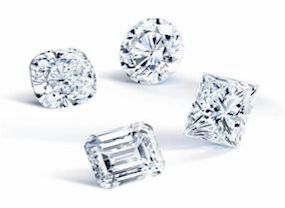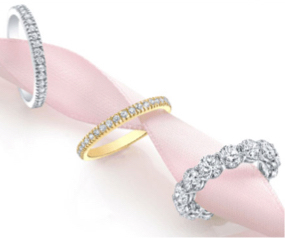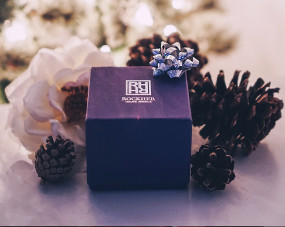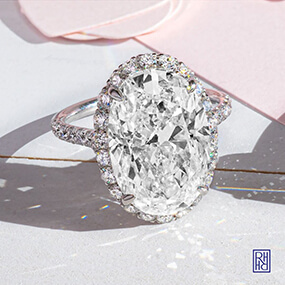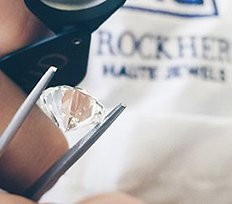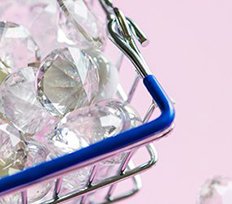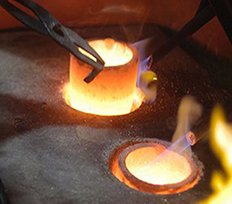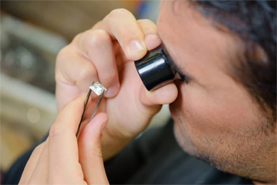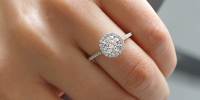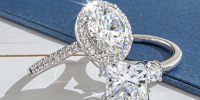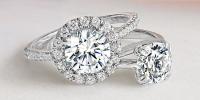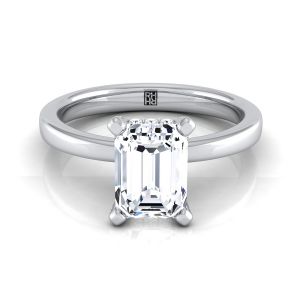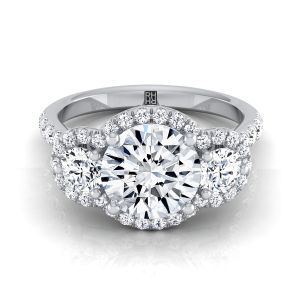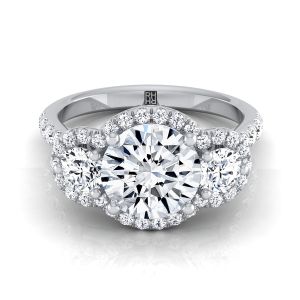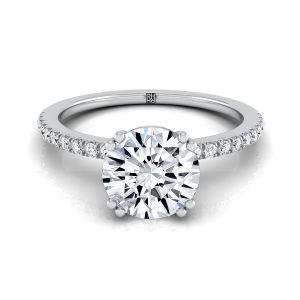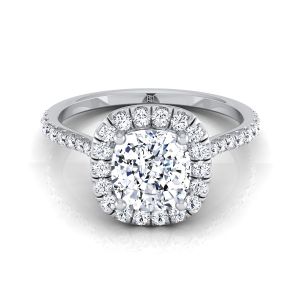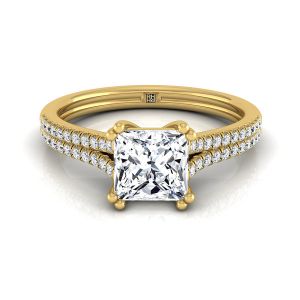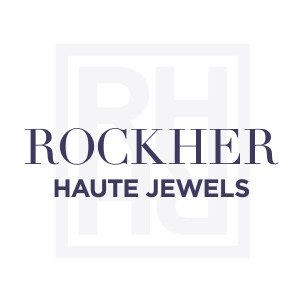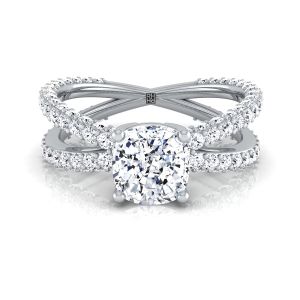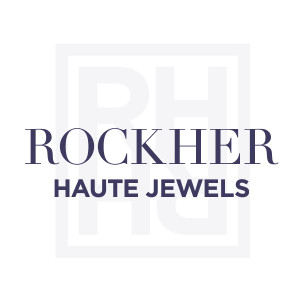
You may know that
Type 1a diamonds, known for their yellow tint arising from trapped nitrogen impurities, are one of the most common diamond classes. Meanwhile, Type 1b class, which has a canary yellow color, makes up

just 0.1% of the diamonds in the world.
When you are talking about natural fancy colored stones, it is mainly the
Type 2 diamonds, which carry none of the nitrogen impurities. Type 2a is generally colorless, and the beautiful coloring that you do see comes from crystal growth distortion. Then you have Type 2b, where the impurities comprise of the element boron. These are generally of a blue color, and make up only around 0.1% of the natural diamonds in the world.
Green coloration in fancy colored diamonds is a result of natural irradiation, which is a very rare occurrence, and hence the high value placed on these stones. Identification can be hard in these cases because artificial irradiation can be used to inject color into a treated diamond. Generally, if GIA cannot identify if the irradiation is natural, then the diamond gets classified as ‘undetermined’.
 You may know that Type 1a diamonds, known for their yellow tint arising from trapped nitrogen impurities, are one of the most common diamond classes. Meanwhile, Type 1b class, which has a canary yellow color, makes up
You may know that Type 1a diamonds, known for their yellow tint arising from trapped nitrogen impurities, are one of the most common diamond classes. Meanwhile, Type 1b class, which has a canary yellow color, makes up  just 0.1% of the diamonds in the world.
When you are talking about natural fancy colored stones, it is mainly the Type 2 diamonds, which carry none of the nitrogen impurities. Type 2a is generally colorless, and the beautiful coloring that you do see comes from crystal growth distortion. Then you have Type 2b, where the impurities comprise of the element boron. These are generally of a blue color, and make up only around 0.1% of the natural diamonds in the world.
Green coloration in fancy colored diamonds is a result of natural irradiation, which is a very rare occurrence, and hence the high value placed on these stones. Identification can be hard in these cases because artificial irradiation can be used to inject color into a treated diamond. Generally, if GIA cannot identify if the irradiation is natural, then the diamond gets classified as ‘undetermined’.
just 0.1% of the diamonds in the world.
When you are talking about natural fancy colored stones, it is mainly the Type 2 diamonds, which carry none of the nitrogen impurities. Type 2a is generally colorless, and the beautiful coloring that you do see comes from crystal growth distortion. Then you have Type 2b, where the impurities comprise of the element boron. These are generally of a blue color, and make up only around 0.1% of the natural diamonds in the world.
Green coloration in fancy colored diamonds is a result of natural irradiation, which is a very rare occurrence, and hence the high value placed on these stones. Identification can be hard in these cases because artificial irradiation can be used to inject color into a treated diamond. Generally, if GIA cannot identify if the irradiation is natural, then the diamond gets classified as ‘undetermined’.
